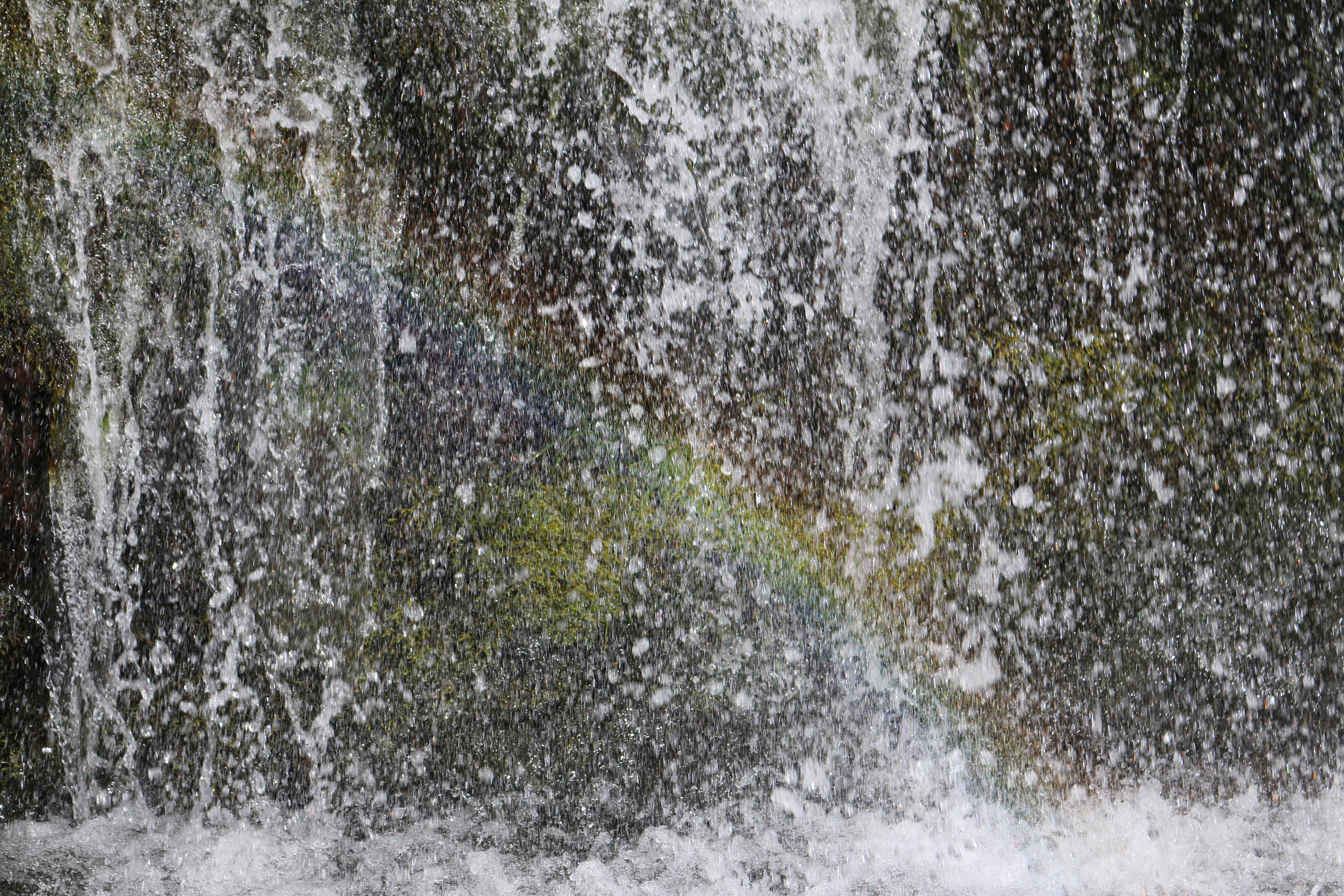Exploring Capra

(By John Atkinson)
Fritjof has been one of the key influencers in encouraging a shift from a Cartesian view of the world that separates things into their constituent parts and a more holistic way of considering things.He qualified with a PhD in theoretical physics from Vienna, following his research through Paris to the Stanford Linear Accelerator Center, Imperial College and Berkeley. He therefore brings a deep and considered view of the physical world, through the perspective of an exceptional brain to his writing and thinking.
His two major early works, The Tao of Physics and The Turning Point were hugely influential on the generation of thinkers, practitioners and philosophers that started to challenge a reductionist view of the world.
His observations from particle physics had raised for him the importance of the relationships between things. These relationships in a connected system hold the inherent characteristics of the system, every bit as much if not more so than the separate things themselves. Indeed, you could not properly consider the separate things outside of their relationship with the system in which they sat.

Fritjof played a critical part in the conversations at Sundance that were hosted with Myron Rogers and Margaret Wheatley. These prolonged and deep enquiries into the nature of living systems had a profound influence on the direction they took in their later work.
Of late, apart from publishing a complete, thorough and detailed guide to how living systems work, Fritjof has authored several works on Leonardo da Vinci. It is a joy to read these books, to see Leonardo's work explored by a critical brain from a holistic perspective. In so doing, much light is shed on Leonardo, and also we gain an insight into Fritjof and how an observant, sympathetic yet critical approach opens up new vistas of thought for us all.
Below is a video of Fritjof Capra introducing the concept of systems thinking and living systems, from the point of view of sustainability and ecology. Capra suggests that the most appropriate framework for developing ecological communities is the theory of living systems. -Through understanding the integration of the material, social and physical environments. The existence of a world full of systems and systems within systems and that the interrelation of networks are the backbone of the organisation of life.
One of our biggest challenges is to build and nurture sustainable communities. That is social, cultural and physical environments in which we can satisfy our needs and aspirations.I would like to give you an outline of the new understanding of life that is now emerging at the forefront of science. As I mentioned before, it is a conception of life based on systemic thinking and some of the new concepts and mathematical techniques of complexity theory. It allows us for the first time to integrate the biological, cognitive, and social dimensions of life.